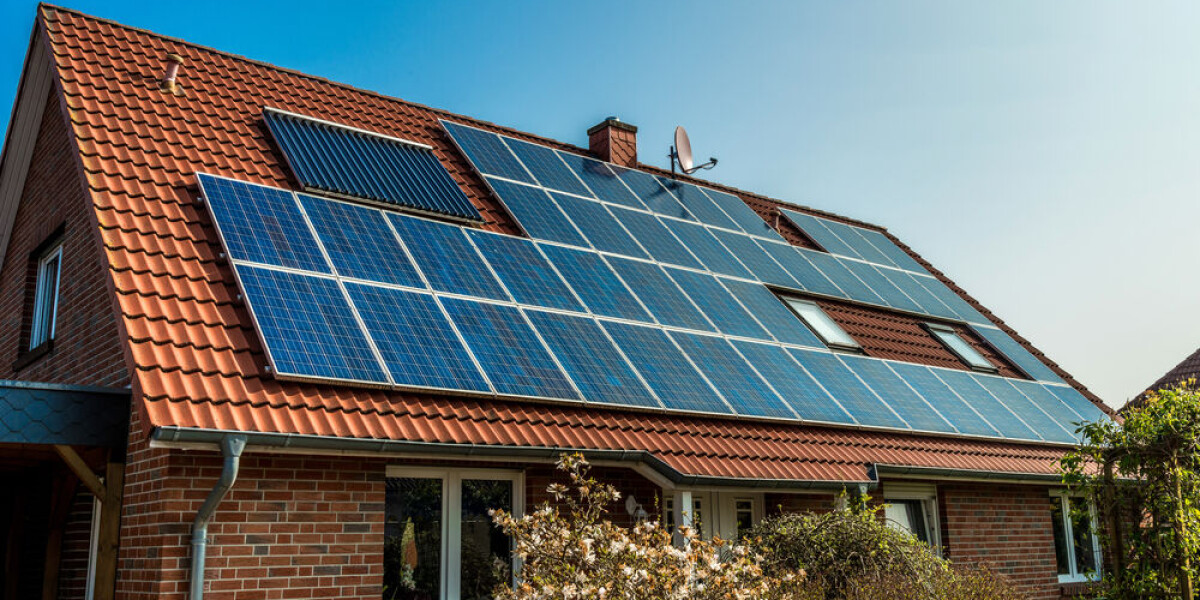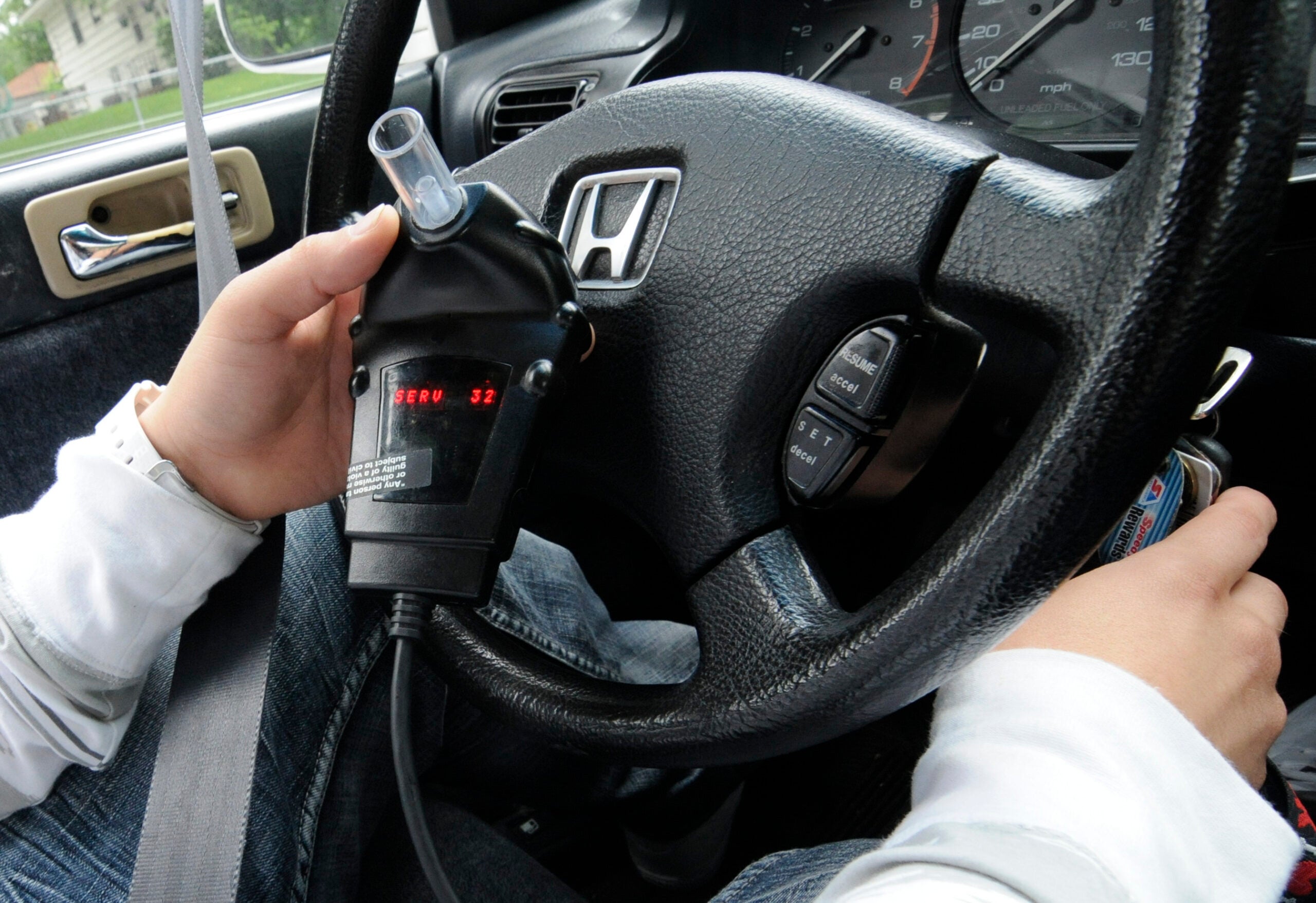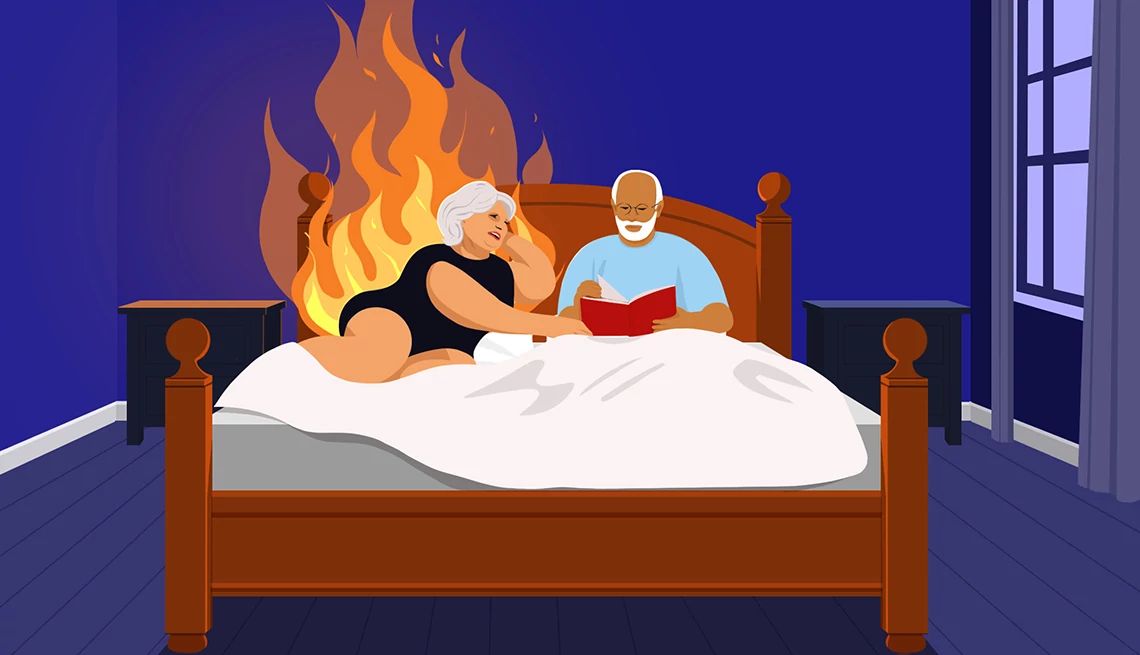
- Select a language for the TTS:
- UK English Female
- UK English Male
- US English Female
- US English Male
- Australian Female
- Australian Male
- Language selected: (auto detect) - EN
Play all audios:
SAFETY REASONS ARE AMONG CONCERNS BUT GRID MANAGER SAYS SOLAR PANEL FIRES ARE EXTREMELY RARE Low-cost DIY solar panel kits are expected to be banned in France unless an electrician installs
a special circuit dedicated to their use – adding considerably to the cost. Since their introduction five years ago, the kits, where solar panels have a plug that is put into a wall socket,
giving them the name ‘Plug and Play’, have seen growing success, not least because their price has fallen. It is currently possible, for example, to buy a four-panel kit, capable of
producing 1,800 watts, for €749 from the website of one of France’s main DIY stores. That would provide nearly enough power to run a washing machine on a hot wash and more than enough to run
a computer, internet box, fridge, freezer and electric iron during a sunny day, providing the panels are well placed. 'DISASTROUS SIGNAL' TO HOUSEHOLDS However, trade bodies for
the solar electricity industry in France have been warning that a change in rules, supposedly because of a risk of fire, will ban the concept. “Stopping access to these simple solar power
solutions through the use of incoherent standards sends a disastrous and incomprehensible signal to households who might be tempted to install them,” said Laetitia Brottier, vice-president
of solar panel trade body Enerplan. She said the kits are especially popular with renters, and for many people represent a first step to making and using their own electricity. Read more:
Why France is reviewing reducing aid for solar panels Since raising the alarm, Enerplan and the Syndicat des énergies renouvables have not had any sign from the government that it will
reverse the ban, which is due to come into force on August 23. The changes were added in an update to the NF C 15-100 norms, which now say that “an electric generator may not be connected to
a terminal circuit by a socket and a plug”. This means the only way to connect ‘plug and play’ panels will be to install a new circuit in a property’s electricity box and wire them in, not
using a plug. Standard guidance is that a 20 amp circuit should be used – similar to that used for electric ovens. Most electricians will charge at least €200 to do the job. FIRES ARE
RARE ISSUE There have been very few house fires in Europe attributed to solar panels. Energy company Engie estimates that there are fires in one in 10,000 installations– all types combined –
and they almost always happen within two years of panels being installed. Read more: Batteries used in solar panels in France recalled due to fire hazard It says most of the problems come
with roof installations, where water leaks on to the electrical wires associated with the panels, causing a short circuit. In 2010, a batch of circuit breakers designed to be put into home
electricity systems to cope with panels was found to be faulty, resulting in some fires, but there have been very few due to faulty materials since then. There have been a few incidents when
fires, which might have been linked to solar panels, broke out after lightning strikes. Again, Engie says they are exceptionally rare, with panels being built to resist 1.25cm hailstones at
140 km/h. All solar power installations, including ‘Plug and Play’ ones, already have to be declared to Enedis, the state company that looks after the medium and low-tension electrical
network. The main paperwork for simple systems involves signing a convention d’autoconsommation sans injection, which is free, though this is not always done. This document provides some
legal protection if anyone is accidentally electrocuted as a result of the panels being in place. There have been calls for the paperwork to be done automatically by sellers of kits, rather
than relying on the user to do it.





:max_bytes(150000):strip_icc():focal(689x279:691x281)/Taylor-Swift-midnights-song-Inspiration-01-100622-cc8ab712c1e54a2c8b9ff60e5d56d77c.jpg)
